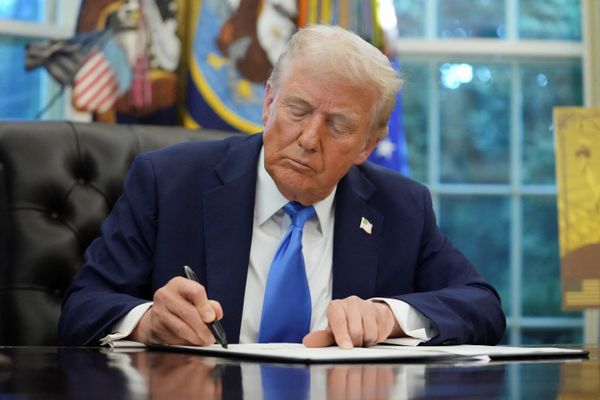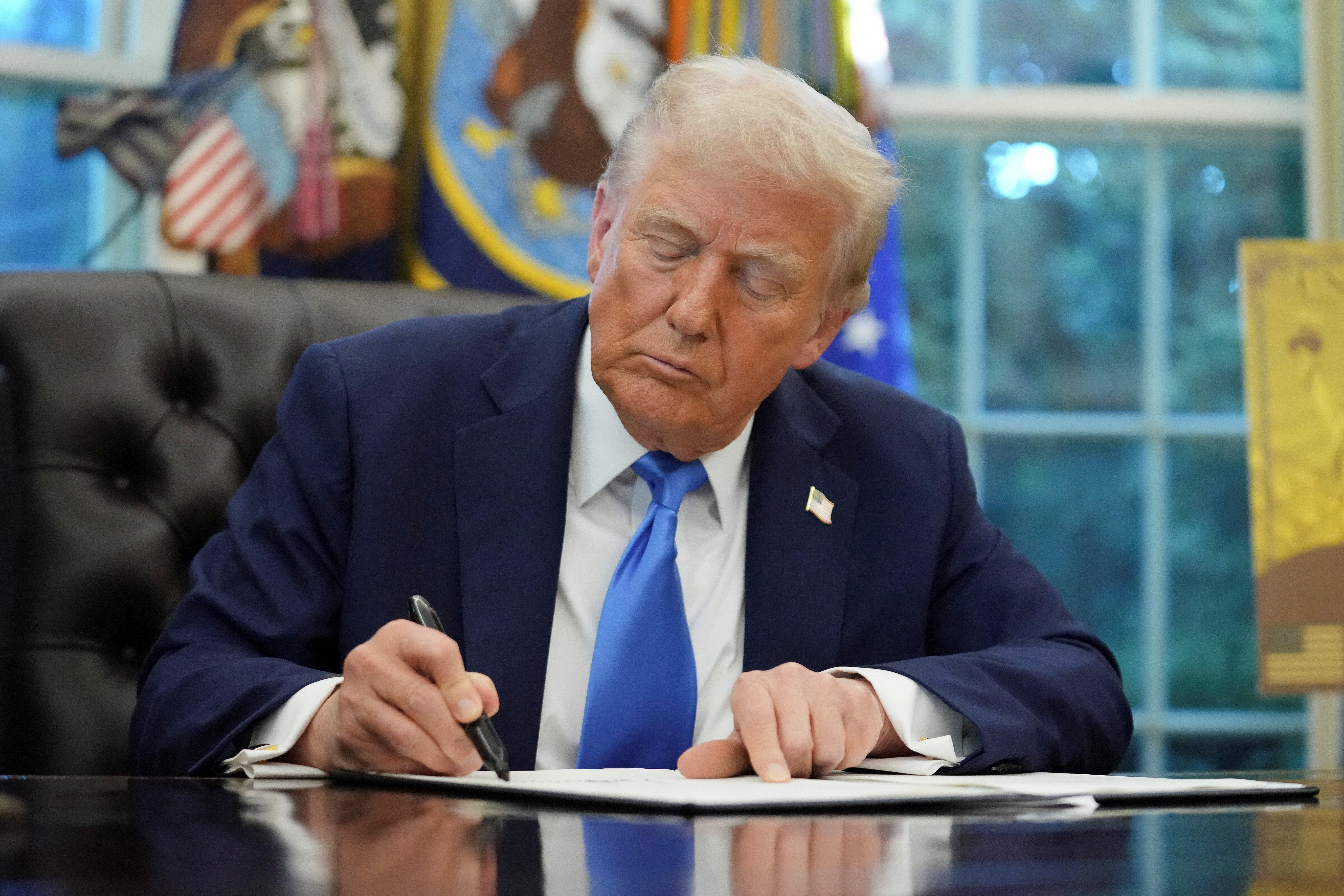WASHINGTON, Nov 15 — US President Donald Trump has issued an executive order modifying the scope of products subject to the reciprocal tariffs imposed in April, reported Sputnik/RIA Novosti.
"I have determined that certain agricultural products shall not be subject to the reciprocal tariff imposed under Executive 14257, as amended," Trump said in the Friday executive order.
The presidential action specifies that new modifications shall be effective with respect to goods entered for consumption, or withdrawn from warehouse for consumption, on or after 12:01am eastern US time (05:01 GMT) on November 13, 2025.
The food imports that are being exempt from the tariffs include coffee, bananas, beef and tomatoes.
Earlier this week, The New York Times newspaper quoted sources as saying that Trump’s administration was planning to exempt some goods from tariffs in order to lower food prices in the country.
The changes could apply to a number of reciprocal tariffs announced by the president in April, including tariffs on goods from countries that have not signed trade agreements with Washington, the newspaper said, adding that beef and citrus fruits were expected to be among the exemptions.
After returning to the White House in January, Trump tightened trade policy, culminating in the April 2 announcement of a 10 per cent base tariff on imports and increased "reciprocal" duties, which he dubbed "Liberation Day".
However, just a week later, the tariff increases were paused as the US initiated trade talks with various partners.
On August 1, Trump signed an executive order imposing tariffs ranging from 10 per cent to 41 per cent on 69 trading partners, effective August 7.
The US Supreme Court is currently considering whether Trump has the constitutional authority to use emergency powers to impose extensive tariffs on nearly all of America's trading partners.
The Court must determine whether these tariffs are essentially taxes, which would require congressional approval to be enacted.
Trump has repeatedly stated that the US would face an "economic disaster" or "go to hell" if the Supreme Court rules that he does not have the power to impose trade tariffs without authorisation from Congress.
US National Economic Council director Kevin Hassett said on Wednesday that the White House remained confident in winning the tariff case before the Supreme Court but was also developing alternative plans in case of an unfavourable ruling.




